Industry Experts
2025 Speakers


Quinault Childs
Quinault Childs is a food futurist and strategic foresight researcher whose work focuses on helping organizations make sense of the evolving changes occurring in the global food system. Through a blend of qualitative research and future-oriented narrative design, his work provokes insight while staying grounded in real-world data. He has worked with CPGs, food and sustainability-minded nonprofits, and governmental organizations around the world, including Coca Cola, the National Government of Australia, the Gates Foundation, the Climate Investment Funds of the World Bank, and many more. He holds a MSc from Tufts University's Agriculture, Food, and Environment program.

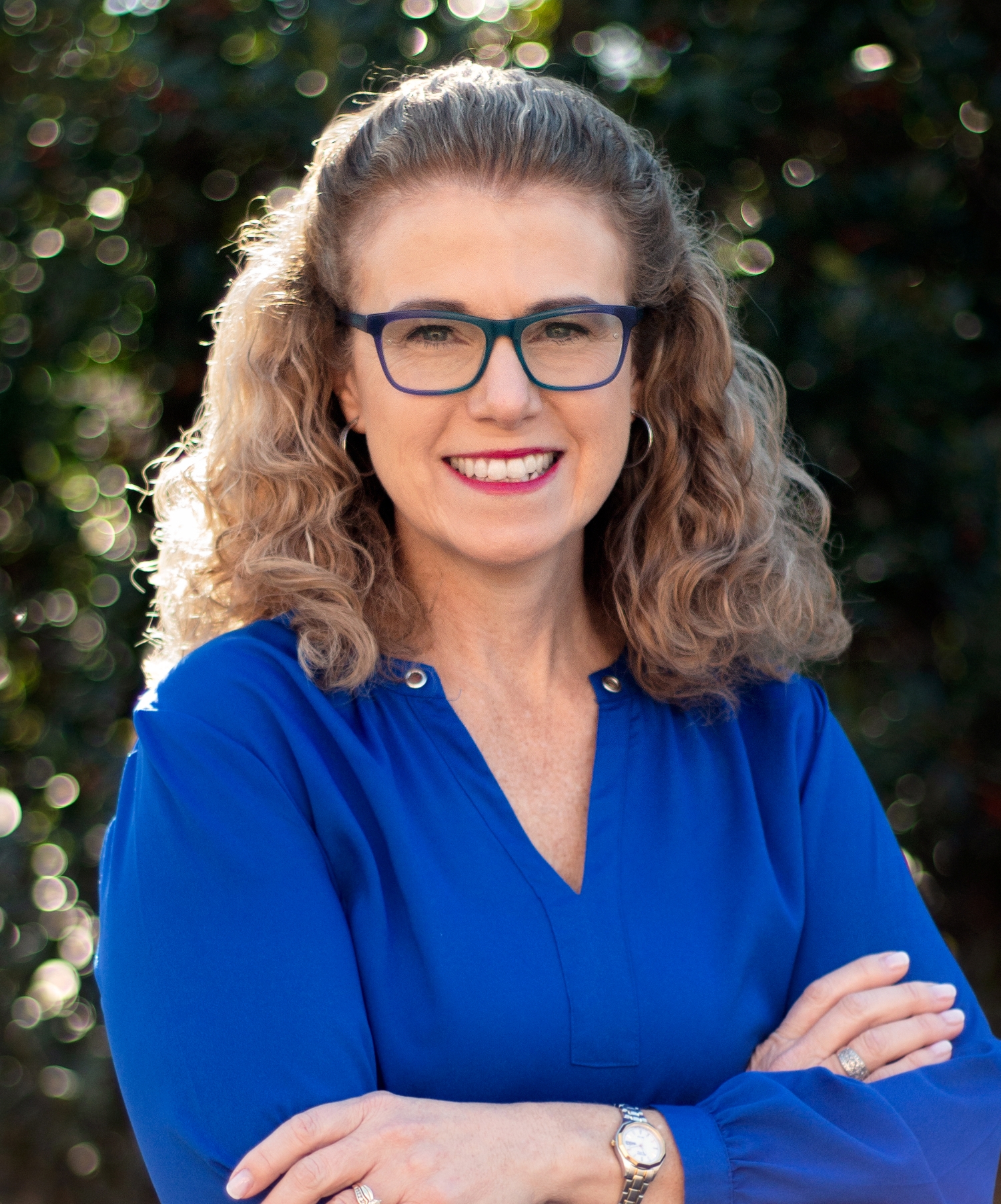

Danette Amstein
Danette Amstein is co-founder of Midan Marketing, a strategic marketing, research and creative agency that focuses in meat, food and agriculture. Since starting the agency in 2004 with Michael Uetz, Danette’s role as a managing principal involves offering insightful guidance to clients in order to develop effective marketing strategies grounded in B2B and B2C research. Danette’s leadership and strategic direction were instrumental in the development and growth of multiple beef and pork brands. Over the past two decades, Midan’s notable clients have included Tyson Foods, Rastelli’s Food Group, Creekstone Farms, Thomas Foods and King Ranch.
A sixth generation Kansas farm girl, Danette’s roots remain deep in agriculture. She is active in the management of her family’s commercial cow herd and row crop operation. Each year, she returns to her family’s farm to drive a combine during the annual wheat harvest.
Danette actively mentors individuals within Midan and throughout the industry. Currently, she sits on the board of directors for The Women’s Meat Industry Network (WMIN), serves on the Annual Meat Conference planning committee and the U.S. Roundtable for Sustainable Beef (USRSB) communications committee.

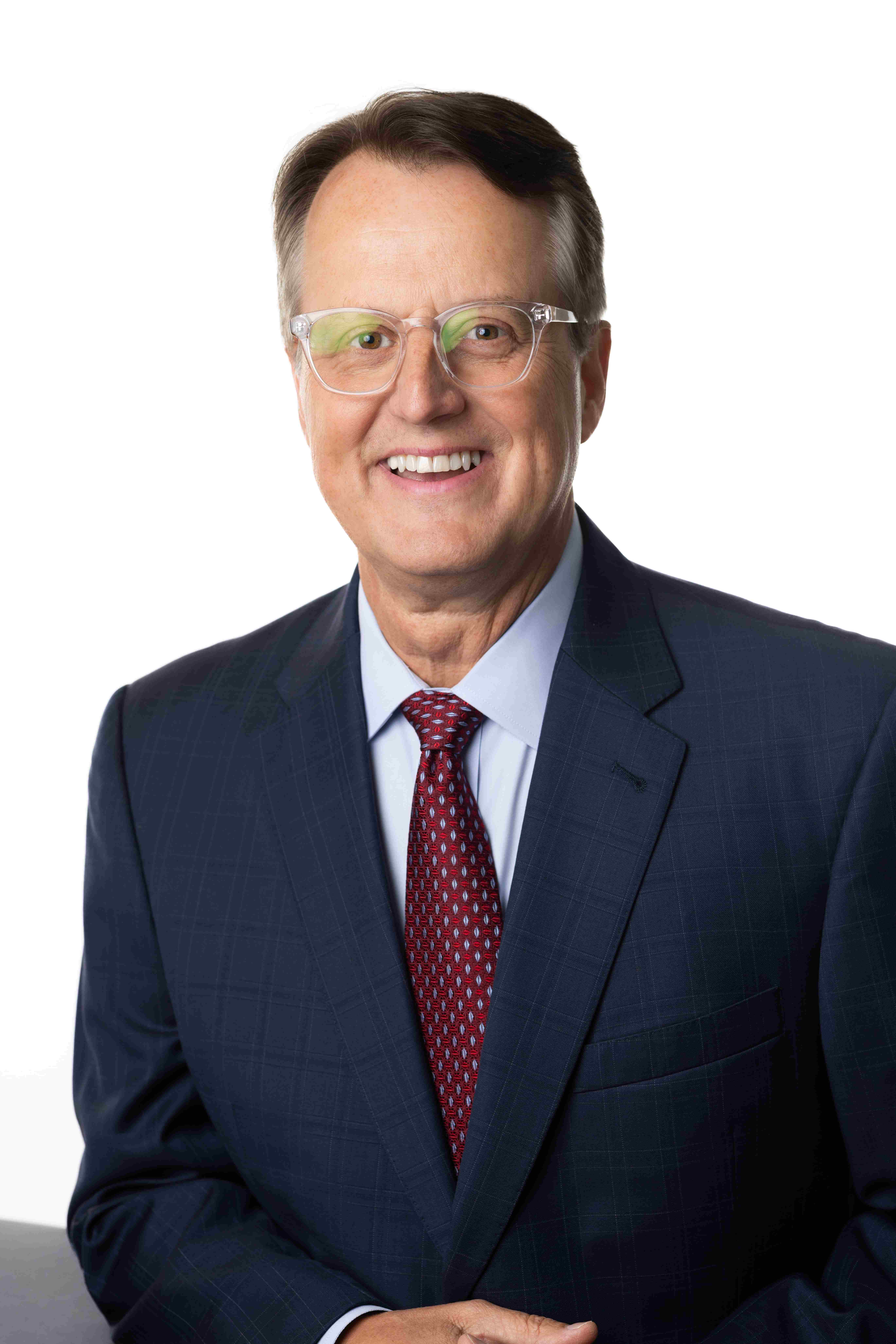

Charlie Arnot
Charlie Arnot is recognized as a thought leader in food and agriculture. He is highly regarded as both a writer and sought-after speaker who engages audiences across the globe. Charlie has decades of experience working in communications, public relations and issues management within the food system. He is the founder and president of Look East, an employee-owned consulting firm. He also serves as CEO of the Center for Food Integrity, a non-profit dedicated to building consumer trust in today's food system. He is a trusted counselor to CEOs, government leaders and executives, and a respected industry advisor on critical food related issues, and he is frequently sought out by media for his insight. He has been quoted in the Wall Street Journal, Forbes, Fortune, Time, NPR, CNBC, The National Journal, Entrepreneur, Yahoo health, Huffington Post, Grist and dozens of trade publications globally.

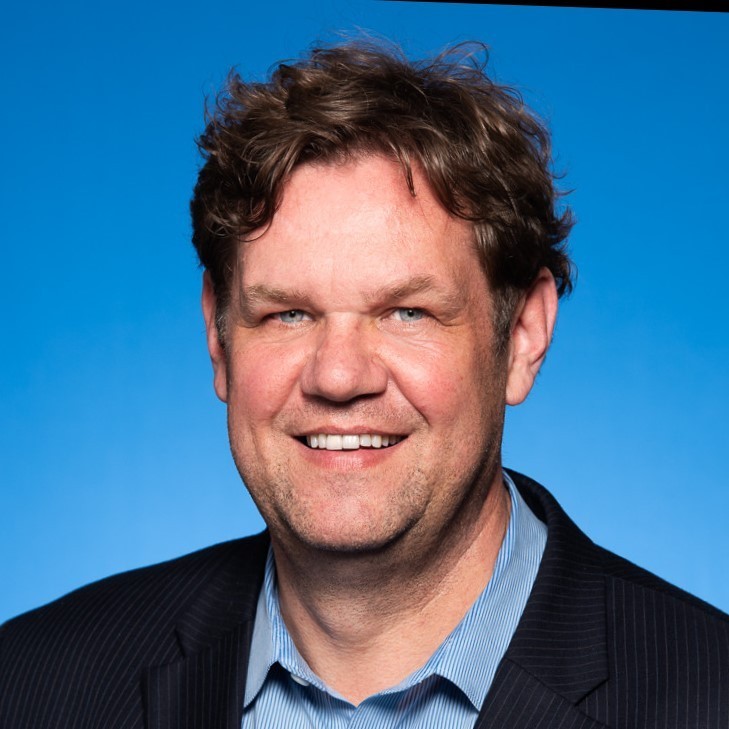

Cristian Barcan

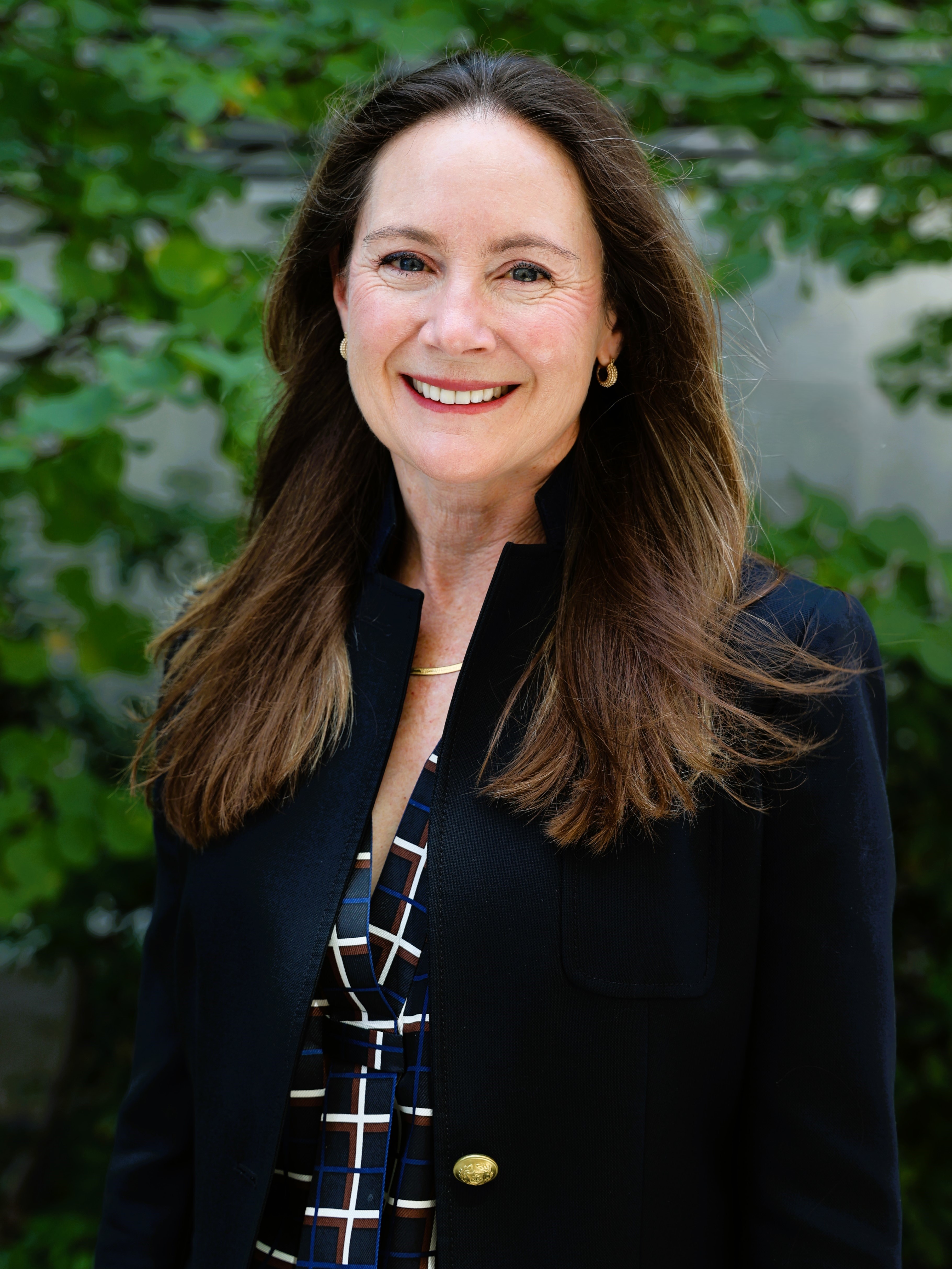

Christine Birdsong
Christine Birdsong was appointed by Governor Newsom as Undersecretary of the California Department of Food and Agriculture. Previously, Birdsong was Senior Vice President, General Counsel and Director of People and Culture for the Sun Valley Rice Company. She has also served as General Counsel for the National Cotton Council of America, Counsel for the Committee on Agriculture for the United States House of Representatives and Federal Government Affairs Leader for CropLife America. Birdsong earned a Juris Doctor degree from the UC College of the Law, San Francisco, and is a UC Berkeley alumni.

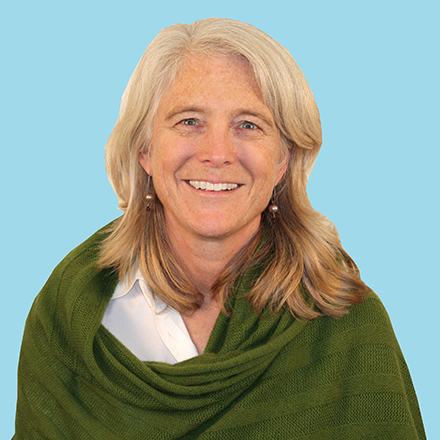

Ashley Boren
Ashley Boren is the CEO of Sustainable Conservation, a nonprofit dedicated to advancing the collaborative stewardship of California’s land, air, and water for the benefit of nature and people. Since 1997, Ashley has led the organization with vision and persistence, forging uncommon partnerships between agriculture, business, conservationists, communities and public agencies. Under her leadership, Sustainable Conservation has delivered practical, science-based solutions that support clean water, healthy soil, and resilient landscapes.. She attributes much of this success to the organization’s ability to listen to all perspectives, build trusted partnerships and co-create solutions that are just and sustainable for the environment, economy, and people. Ashley’s collaborative approach has helped create policy and on-the-ground change across California, earning her deep respect as a bridge-builder and changemaker. Ashley earned a BA in human biology, MA in applied economics, and MBA from Stanford University.

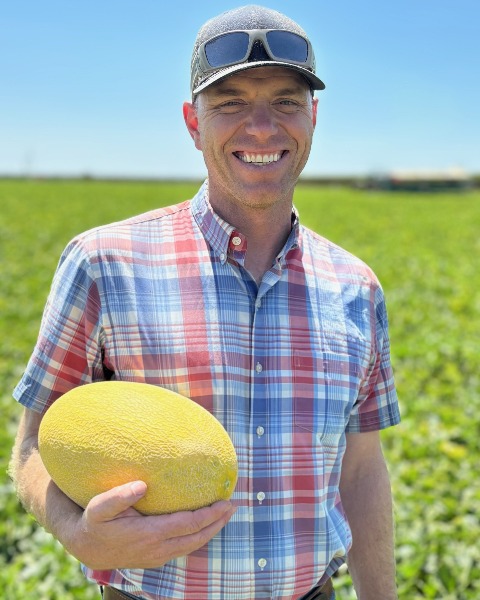

Tommy Bottoms
Tommy Bottoms is a first-generation farmer who, along with his wife, owns and operates Tremont Farms, LLC, based in Dixon, California. They farm approximately 5,000 acres of diversified crops, including processing tomatoes, fresh market melons and watermelons, grain, hay, sunflowers, corn, and dry beans. In addition to their own farming operations, they also provide custom management services for an additional 1,000 acres of almonds and pistachios.
At Tremont Farms, Tommy oversees all financial operations, contracts, leases, and personnel. He also responsible for developing and communicating with the management team responsible for daily operations. He is especially involved in irrigation management, including planning, scheduling, and execution. Supported by an excellent team, Tommy focuses on improving farm efficiency and implementing sustainable practices that enhance both productivity and the marketability of their crops.
Tommy earned a B.S. from Cal Poly, San Luis Obispo, and a Ph.D. in Horticulture and Agronomy from UC Davis, where he studied fertilizer and water use efficiency in processing tomatoes, lettuce, and strawberries.
He and his wife live in Davis, California, with their three young daughters. They are actively involved in their local church, youth sports, and the 4-H program. Tommy also serves as chairman of the CDFA Fertilizer Research and Education Program Technical Advisory Committee and vice chair of the Napa-Solano FSA Board. Together, he and his wife sit on the board of African Leadership Partners and are actively involved in managing the New Life Children's Homes Farm and Orphanage located in Eswatini, Southern Africa.

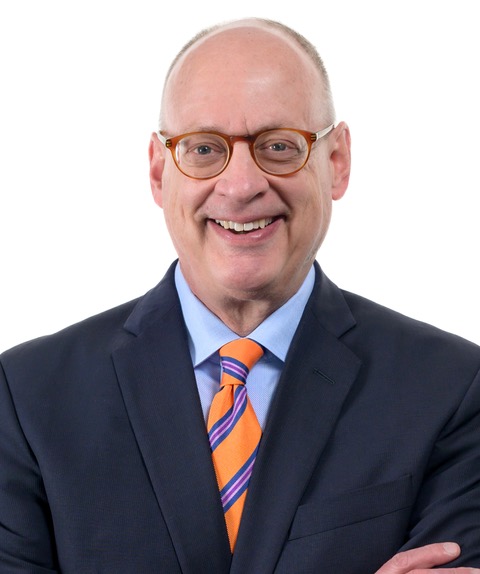

Emcee: Philip Brasher
Philip Brasher is editor in chief of Agri-Pulse Communications, the leading news service covering U.S. food and agriculture policy, with staff in Washington and Sacramento. Brasher has been covering food and ag policy exclusively for the last 26 years, for The Associated Press, Des Moines Register, CQ-Roll Call and Agri-Pulse. He has conducted foreign reporting projects sponsored by the Pulitzer Center for Crisis Reporting. He is vice president of North American Agricultural Journalists and a member of the National Press Club.

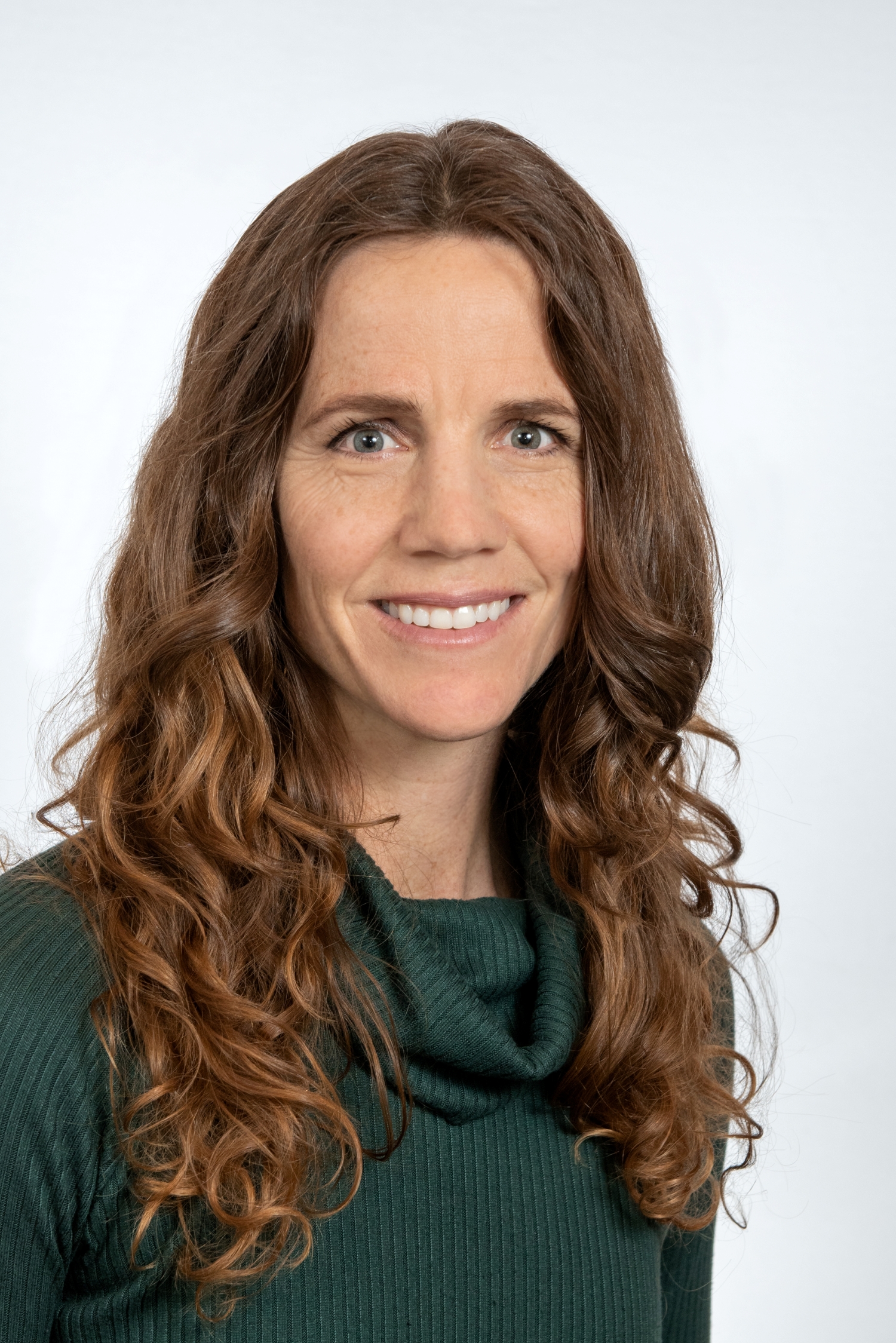

Jocelyn Bridson
Jocelyn Bridson is the Director of Environment & Community Impact at the Tillamook County Creamery Association, a farmer-owned dairy cooperative in Oregon. She has over twenty years of experience working at the intersection of science, management, and communication. After joining Tillamook in 2020, she has worked collaboratively to establish strategies and implement stewardship projects across farms, facilities, and fleet. She also leads the co-op's philanthropy programs which invests at least 4% of income annually in causes that center around food security, agricultural advocacy, and healthful children. Previously she led sustainable agriculture programs in the fresh produce industry in California and has also worked in habitat restoration and environmental education. Jocelyn is a Certified Crop Advisor and has a master’s degree in Environmental Science & Management from UC-Santa Barbara and a B.S. in Conservation Biology from UW-Madison.

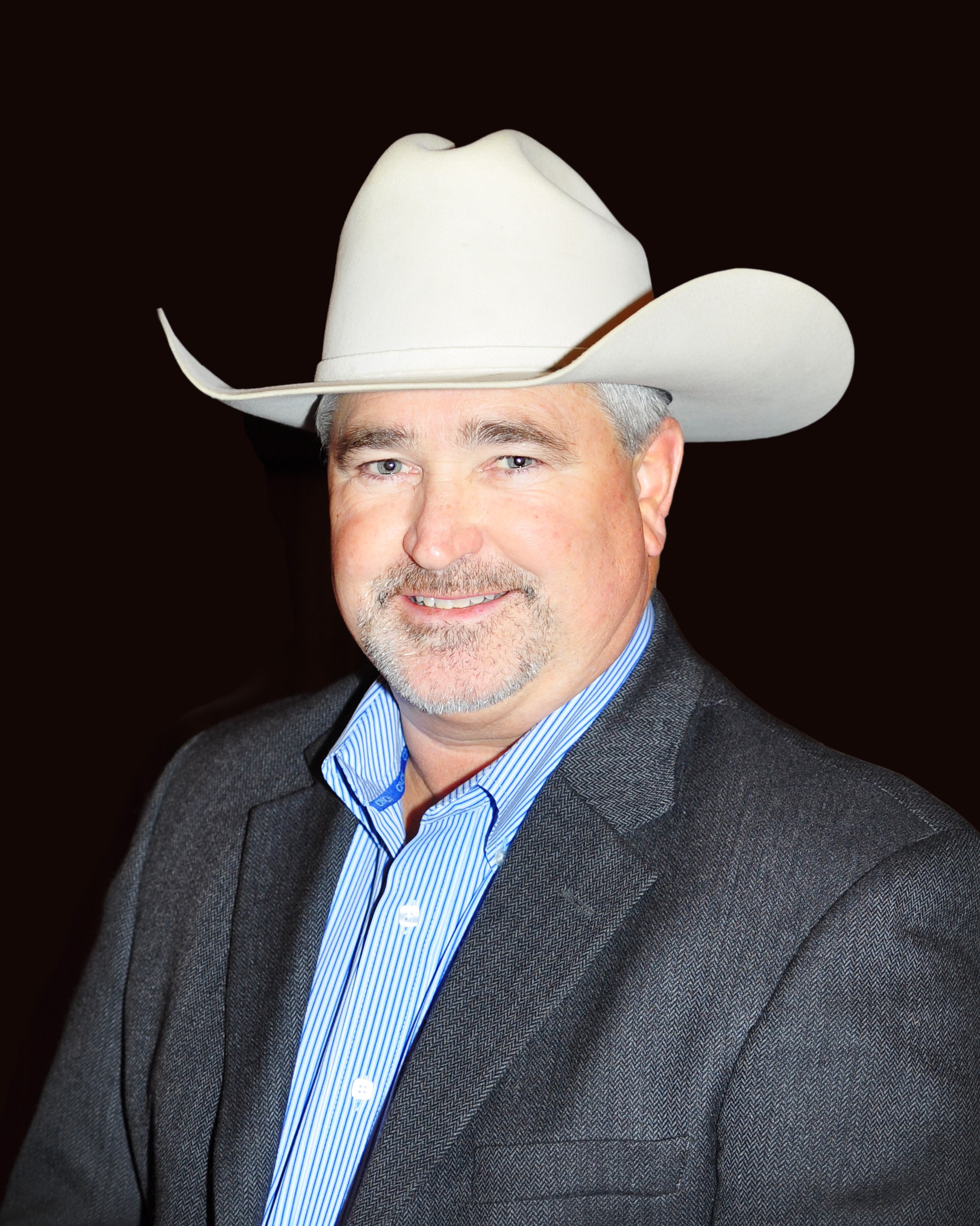

Michael Delbar
Michael Delbar hails from a multi-generational ranching family in Mendocino and Lake Counties where they raise beef cattle, timber, and hay. Michael took the reins as Chief Executive Officer of the California Rangeland trust in 2020, after having served as the organization’s Chief Operating Officer for more than a decade. Prior to joining the Rangeland Trust in 2010, Michael served three consecutive terms as the First District Supervisor for the Mendocino County Board of Supervisors and was Second Vice President of the California State Association of Counties (CSAC). He also served on the state and national agriculture policy advisory boards for the California State Association of Counties and the National Association of Counties. Additionally, Michael served for two years as the Lake County Farm Bureau Executive Director. Michael is currently a member of the board of directors for the Potter Valley Rodeo Association, was a former director of the Mendocino County Farm Bureau, and was state chair of California Young Farmers and Ranchers. Michael graduated from California State University, Chico with a degree in agricultural business and is a graduate of the California Agricultural Leadership Program, Class XXIV.

.jpg)
.jpg)
Sarah Hanson
Sarah Hanson is executive vice president at Dairy Management Inc., where she oversees operations and implementation of the Innovation Center for U.S. Dairy.
The Innovation Center engages the U.S dairy value chain to advance and communicate shared sustainability and social responsibility priorities including environmental stewardship, animal care, health and well-being, community contributions and more, working towards a more sustainable world and thriving U.S. dairy community. In this role Hanson works closely with the CEO and the board of directors to facilitate and direct the work of the Innovation Center and build alignment with key stakeholders.
Hanson joined DMI in 2003,where she has served as chief of staff to the president and as senior vice president, leading new program development, marketing and business communications, public relations and thought leader engagement initiatives. Prior to DMI, she led public relations and reputation management programs for food industry and healthcare clients at Weber Shandwick, Advocate Health Care and the International Food Information Council.

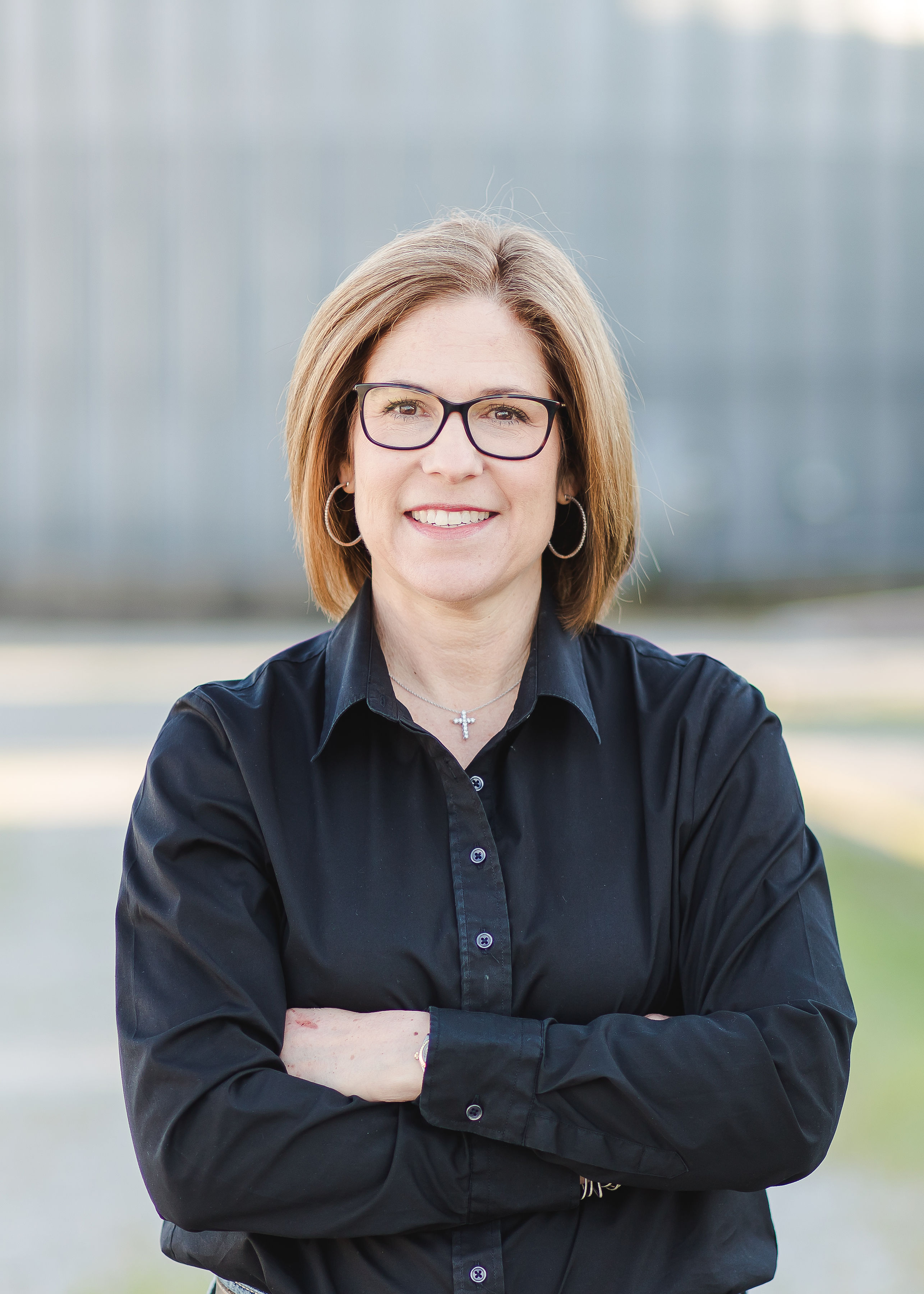

Jennifer James
Jennifer James is a 4th generation farmer from NE Arkansas where she and her family grow rice, corn, soybeans, and winter wheat on their Arkansas Century farm. Jennifer considers herself an “ag-vocate,” serving on local and national boards and committees, making herself available for media and legislative outreach, and actively promoting agriculture to any who will listen. She served as the first chair of the USA Rice Sustainability Committee, and over 10 years, her leadership helped position the U.S. rice industry as a sustainability standard-bearer. For this work, Jennifer was recognized as the first recipient of Field to Market's Farmer of the Year Award (2017), Rice Farming Magazine 2019 Rice Farmer of the Year, and the University of Arkansas’ 2023-24 Outstanding Alumna of the Dale Bumpers College of Agricultural, Food and Life Sciences. Jennifer has testified before Congress on more than one occasion to advocate for the rice industry, but especially rice farmers. Jennifer writes a blog and hosts the "Field Good Life” podcast to educate consumers and policymakers about family farming and the importance of keeping American agriculture strong.



Myriah Johnson
Myriah Johnson holds a B.S. in ag economics from Oklahoma State University, a M.S. in ag economics and a Ph.D. in animal science from Texas A&M University. She grew up on a cattle, wheat and soybean farm in Oklahoma and remains involved today.
Myriah joined Farm Credit Services of America in 2022 to start their sustainability program. As such, she has launched work across multiple internal business units and conducted innovative sustainable agricultural finance research. In May 2024 Myriah joined the Farm Credit System’s Sustainability workgroup.
Myriah is also heavily involved with the U.S. Roundtable for Sustainable Beef where she serves on the Board of Directors and as co-chair of the USRSB Goals & Progress Working Group.

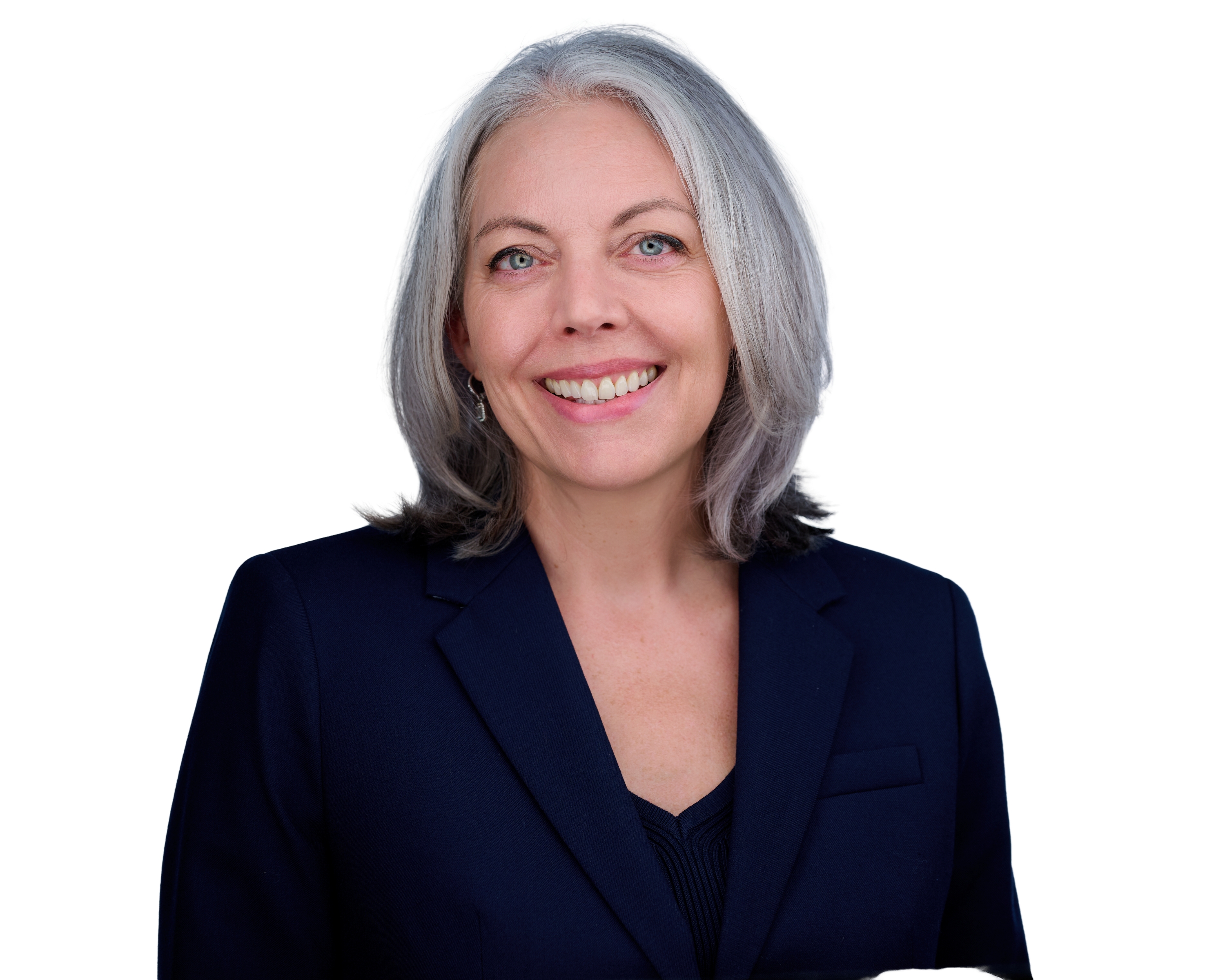

Paula LaBine
Paula LaBine is Sustainability Marketing Director at ADM. She has held marketing leadership roles with organizations such as General Mills, Associated British Foods and Kerry in addition to ADM. Paula currently leads marketing and customer engagement for ADM’s sustainable solutions and regenerative agriculture initiatives.
She holds a BS in Food Science and Human Nutrition from North Dakota State University and an MBA from the Carlson School of Management at the University of Minnesota. A farm kid originally from Minnesota, Paula currently resides in Asheville, North Carolina.

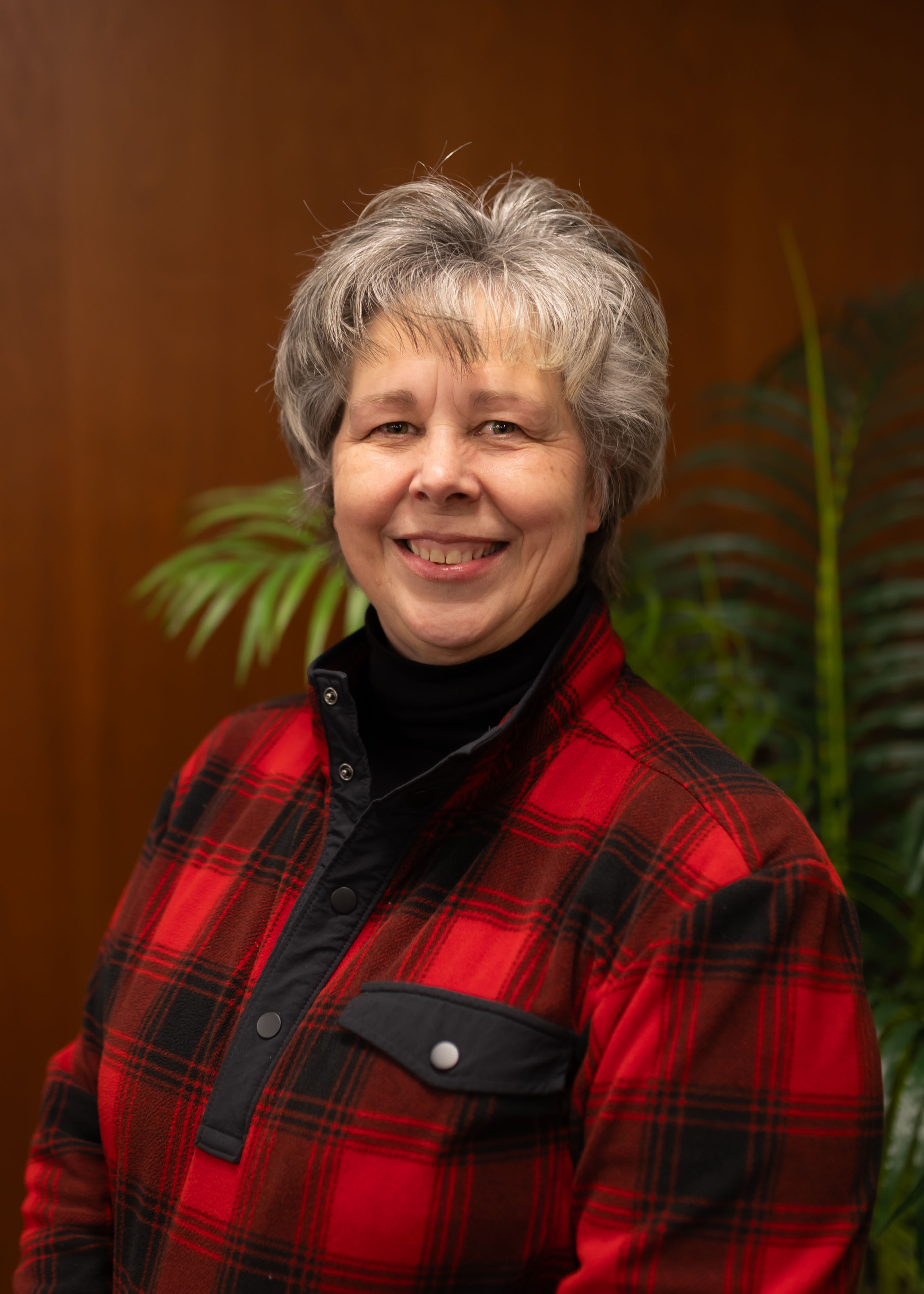

Joan Maxwell
Joan Maxwell was born a farmer’s daughter in Southern MN. She and her family raised Holstein steers to market. She and her first husband raised dairy beef and identity preserved crops in southern Minnesota. Joan worked off the farm as a commercial insurance underwriter and later as a business analyst. After the death of her first husband, Joan met John and moved to Iowa to join Cinnamon Ridge Dairy Farm. The farm consists of a robotic dairy operation, a corn and soybean rotation, a cow calf beef herd, and about 100 jersey beef steers, and a wean to finish hog operation. The farm also has an on-farm cheese making operation.
Joan applies her knowledge of business analytics to the farm. The various systems and data are merged into spreadsheets to highlight areas of opportunity and address areas of challenges. Basically, a dollar does not come on or leave the farm unless it is through Joan.
Cinnamon Ridge Farms hosted over 3,000 foreign farmers, 2000 domestic tours and 2000 school age tours. Many of the domestic tours are excursions from the River Boats from the Mississippi River.
The focus of the tours is education and showing visitors what a sustainable, modern dairy and row crop operation looks like. Visitors are introduced to cover crops, conservation practices, and the responsible use of manure.
Some of the awards Joan is most proud of are:
2023 Quad Cities Destination Award Winner
2021 Good Farm Neighbor Award
2021 & 2018 AJCA President’s Trophy
2022, 2021, 2020 & 2019 National Top Producing Jersey Dairy Herd
2019 US Dairy Sustainability Award Winner
2019 Soil Health Partnership Exceptional Educator
2017 Iowa Environmental Award Winner
2015 Iowa Ag Leader Award Winner



Frank Mitloehner, PhD
Dr. Frank Mitloehner is a professor and air quality specialist in cooperative extension in the Department of Animal Science at UC Davis. He shares his research globally with students, scientists, farmers, policy makers, and the public. Frank is also director of the CLEAR Center, which leverages research and science communications to help animal agriculture further stewardship efforts.
Frank is committed to making a difference for generations to come. As part of his position with UC Davis and Cooperative Extension, he collaborates with the animal agriculture sector to better understand and reduce air emissions from livestock operations, as well as studying the implications of these emissions on the health of farm workers and neighboring communities. Frank's research also focuses on animal welfare.
Frank received a Master of Science degree in animal science and agricultural engineering from the University of Leipzig, Germany, and a doctoral degree in animal science from Texas Tech University. Frank was recruited by UC Davis in 2002, to fill its first-ever position focusing on the relationship between livestock and air quality.



Jack Scott
Jack Scott serves as Nestlé Purina’s Vice President of Sustainable Sourcing where his team is focused on ensuring the sustainable and responsible sourcing of ingredients across several ingredient categories including meat, poultry, cereals, soy, and seafood. Additionally, Jack leads regenerative agriculture efforts working closely with the agricultural community as part of Nestle’s climate commitment.
Jack joined the Nestle Family in 2003 and worked 10 years in consumer brand marketing at Nestle Purina U.S. and Nestle China Ltd. Since 2013, Jack has led sustainable sourcing efforts for Nestle and Purina working within domestic and international supply chains, including leading operation teams in China and Thailand. His experiences and knowledge of supply chains from the origin of materials and processing of ingredients to consumer branded products brings a unique and comprehensive perspective of value chain creation for sustainability.
As a final note, Jack is a vocal advocate for farmer families and ranchers recognizing their pivotal role in leading the sustainable changes we all wish to see. He is highly engaged in multiple collaborations with farmers, supply chain partners, NGOs, and other stakeholder organizations and sits on multiple Board of Directors including the American Farm Bureau Foundation, Field to Market, and the U.S. Roundtable for Sustainable Poultry & Eggs.

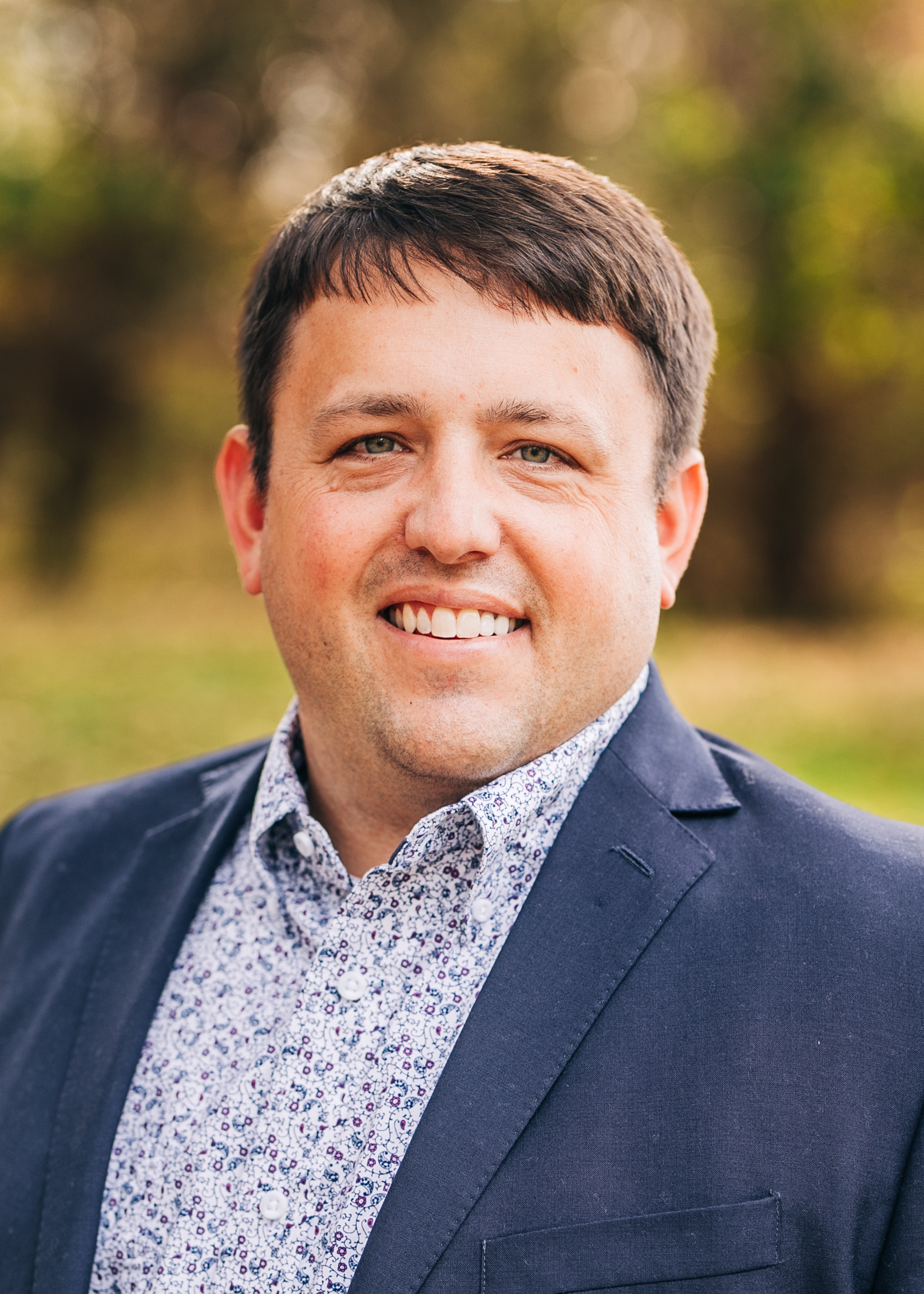

Matt Splitter
Matt Splitter is a fifth-generation producer from central Kansas, where he and his wife, Janna, operate Splitter Farms — a progressive, data-driven grain operation growing wheat, corn, soybeans, and grain sorghum on irrigated and dryland acres. The operation manages over 10,000 exclusive acres and custom farms an additional 3,000, emphasizing technology, stewardship, and community impact. Matt combines hands-on management with forward-looking strategy, fostering innovation while preserving the family legacy established in 1878.
Beyond the farm, Matt is deeply involved in agricultural leadership and advocacy. He serves on the Kansas Corn Growers Association, and multiple local boards and committees. He has previously held roles on the FCC Precision Agriculture Connectivity Task Force and a handful of regional agricultural-based boards. He is a graduate of Kansas State University and Texas A&M’s The Executive Program for Agricultural Producers. Matt was recognized in 2021 with Top Producer magazine’s Horizon Award, honoring the nation’s top farmer under 35 for excellence in farm business management.

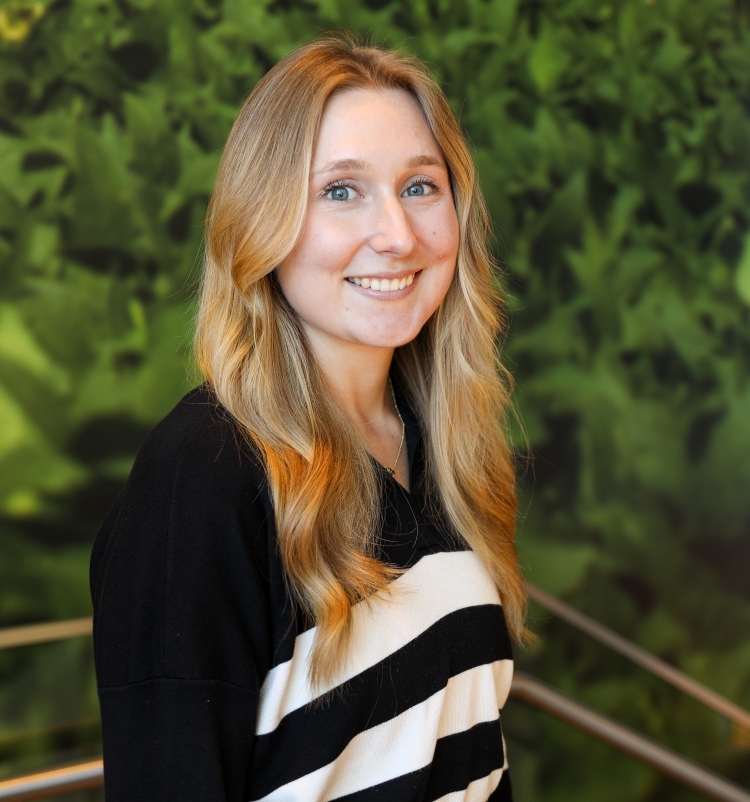

Charlotte Talbott
Charlotte Talbott is Associate Vice President, Animal Agriculture Sustainability Analyst for Rabobank North America, where she analyzes risks and opportunities associated with sustainable business development in the livestock industries. Charlotte provides value-driven insights on social responsibility, economic viability, and environmental stewardship to clients in animal protein and dairy sectors. Prior to joining Rabobank, Charlotte held the role of Associate Director of Beef Sustainability Research at the National Cattlemen’s Beef Association, on behalf of the Beef Checkoff.

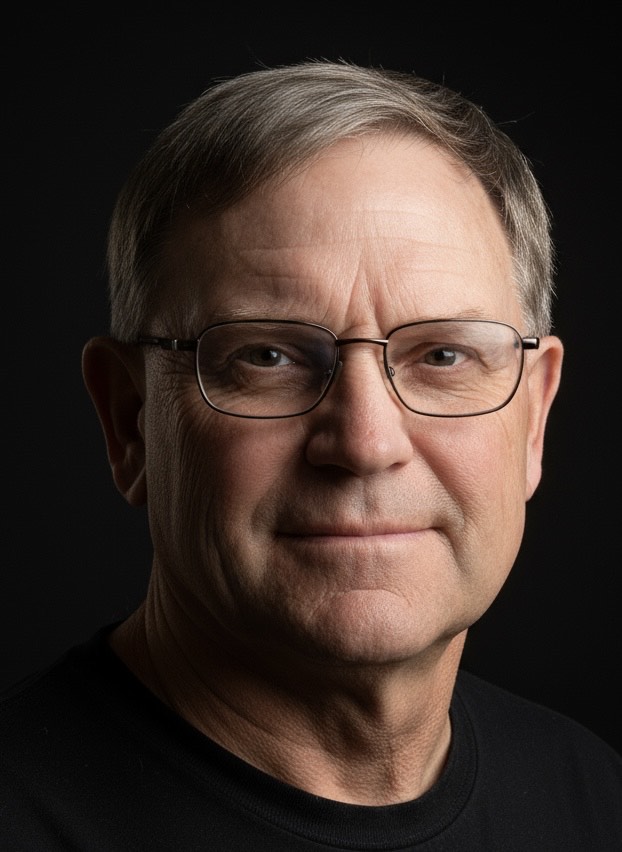

Geoffrey Vanden Heuvel
Geoffrey Vanden Heuvel is the Director of Regulatory and Economic Affairs for Milk Producers Council, a California dairy farmer trade association. Prior to joining MPC, he spent 39 years as a dairy farmer in Southern California. Geoff was involved as a board member and consultant for the Milk Producers Council, focusing on milk price regulation and policy. Geoff has also been involved in statewide water issues for over 30 years, serving on various boards and organizations focused on water supply sustainability. He moved to California’s San Joaquin Valley in 2018, increasing his focus on agricultural water supply issues, including the implementation of the Sustainable Groundwater Management Act. He currently serves as Vice Chair of the Water Blueprint for the San Joaquin Valley, a coalition focused on ensuring sufficient water supplies for farming, the environment, and rural communities.

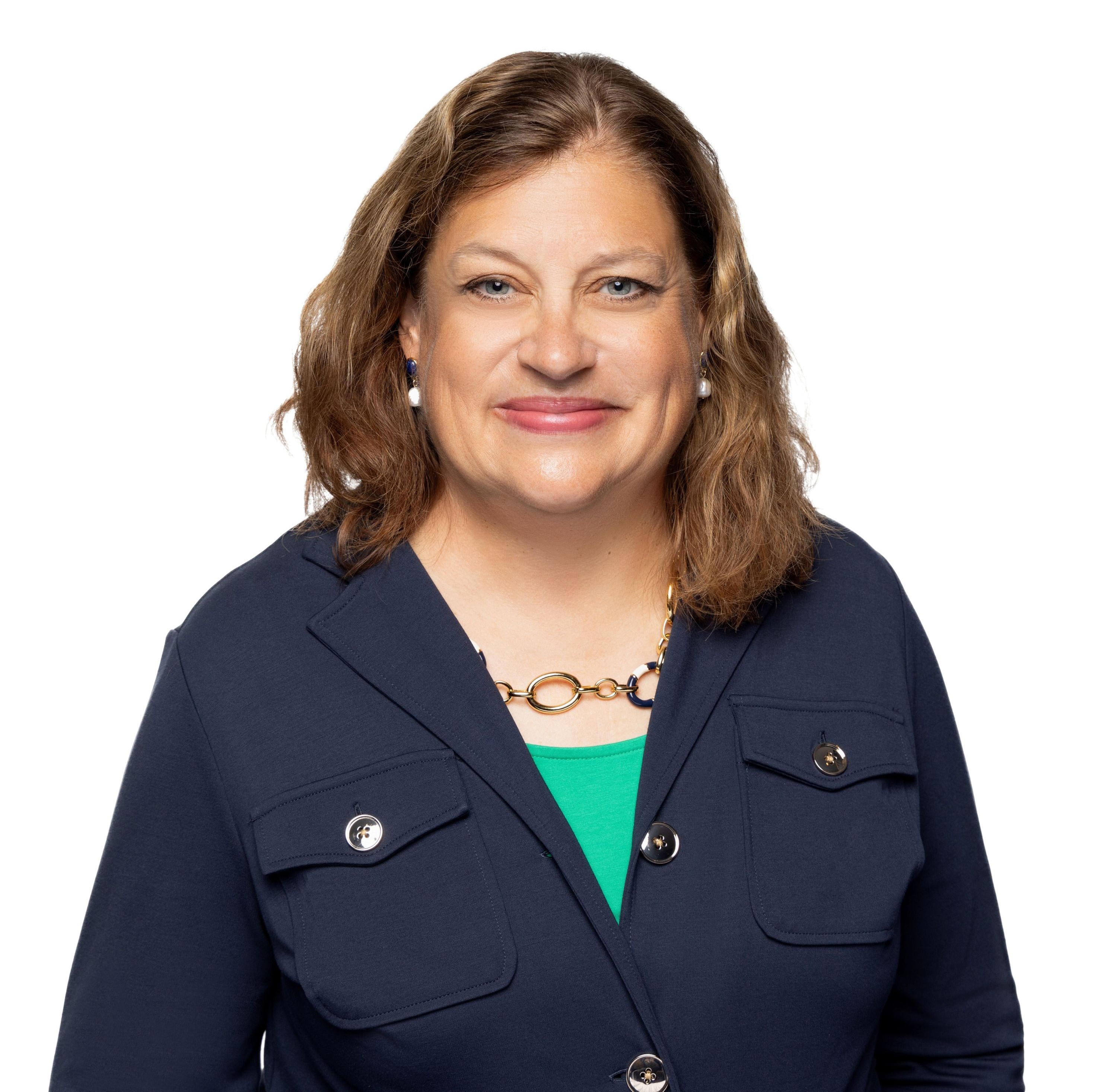

Suzanne Vold
Suzanne is a dairy farmer from Glenwood, MN. Suzanne, her husband Brad, and Brad’s brother Greg are the owners of Dorrich Dairy, a 500-cow dairy that converted to robotic milking in 2019. The farm includes approximately five hundred acres of cropland which supplies the forage for the dairy. In 2015 their farm was honored to receive a U.S. Dairy Sustainability Award from the Innovation Center U.S. for Dairy.
Suzanne received her BA in Mathematics and Economics from Wellesley College and her MBA from the Carlson School of Management at the University of Minnesota. She is a director on local, state, regional and national dairy promotion boards, and she is currently chair of the Dairy Management Inc. board Sustainability Committee. She also serves on the Environmental Stewardship and the Stewardship Commitment committees for the Innovation Center for US Dairy and has served on Innovation Center task forces that advance sustainability standards in regenerative agriculture, biodiversity and greenhouse gas accounting. Suzanne and Brad have three children: Anna, Erik, and Katy, and she is a member of the her church choir and the Wellesley Club of Minnesota alumnae board.

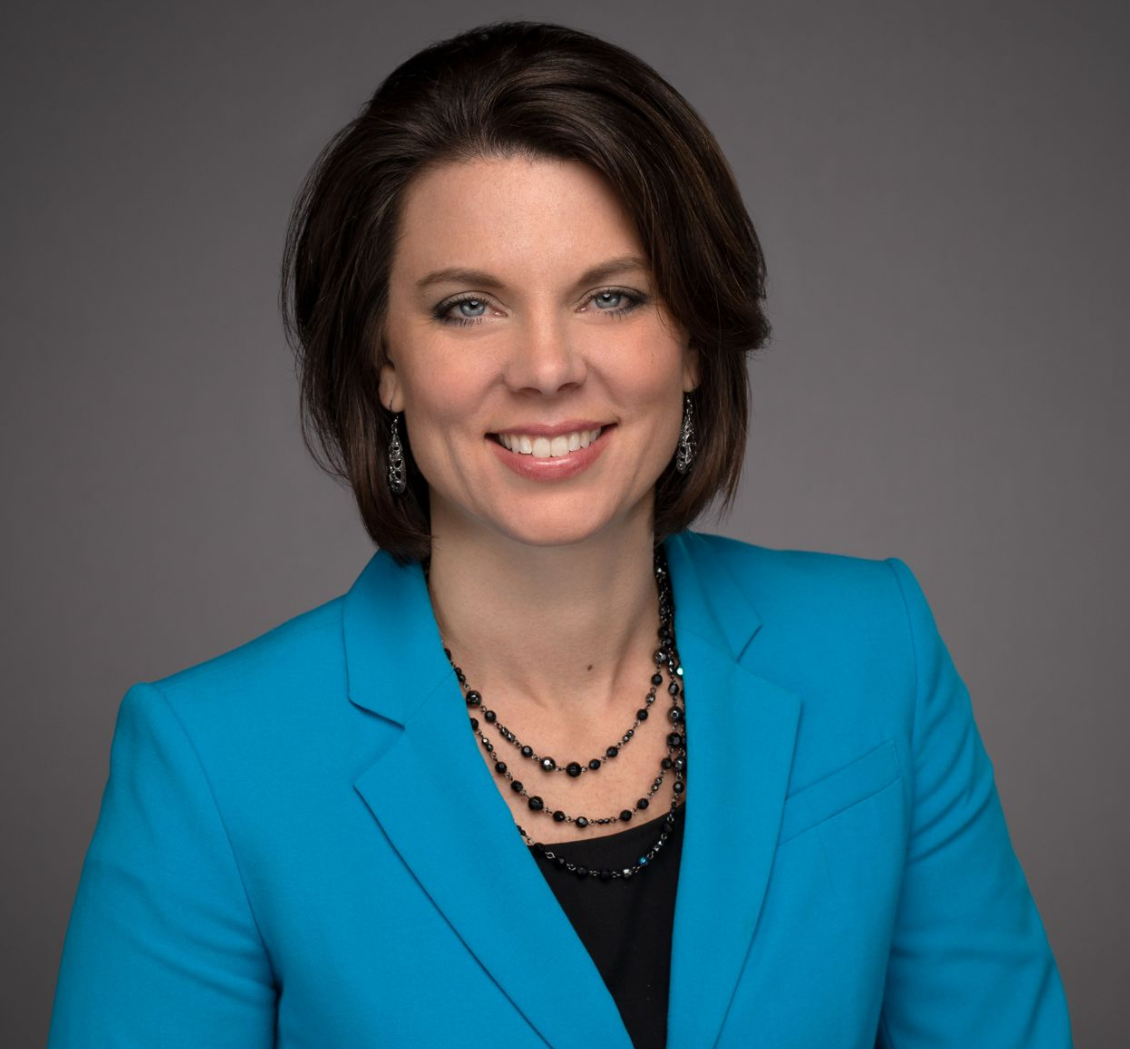

Carrie Vollmer-Sanders
Carrie Vollmer-Sanders serves as Field to Market's President. Carrie is a 6th generation farmer, passionate about collaborating with forward-thinking farmers, convening diverse thought-leaders, and addressing environmental challenges while maintaining focus on business objectives. She received the White House Champion of Change Award in 2014 for her leadership in developing the 4R Nutrient Stewardship Certification Program while at The Nature Conservancy. She has an MBA from Purdue University and a master’s degree in Ag Economics from Michigan State University.
Carrie currently serves on the Edon Farmers Co-op, Soil and Water Conservation Society, and Cameron Health boards and the Greenhouse Gas Technical Assistance Provider and Third-Party Verifier Program Advisory Council. She previously served on the US EPA Science Advisory Board and worked for U.S. Farmers and Ranchers in Action, The Nature Conservancy, and Michigan Farm Bureau. Carrie and her husband have two active sons and own Grains and Greens, Inc., a corn, soybeans, and wheat farm in Indiana and Ohio with a focus on all three elements of the sustainability stool (people, planet, profit).



Steve Wooten
Steven Wooten is the president of Beatty Canyon Ranch, Inc a multi-generational cow-calf enterprise in the Purgatoire River Canyons of southeast Colorado. Purchased by his great-grandfather in 1929, Wooten’s family has been raising grass for cattle grazing on native pristine pastures ever since. Sustainability has guided their work – Beatty Canyon began a rotational grazing plan almost 30 years ago, with the primary focus on maximizing rest periods after grazing. They have diversified their operation in response to 25 years of drought period and the economics of beef ranching. Additionally, Wooten has a big game hunting enterprise, landscape stone sales and a modest vacation program. He and his wonderful wife of 46 years, Joy, have two daughters and sons-in-law and five grandchildren.
Wooten has held multiple leadership positions, including as the current president of Colorado Cattlemen’s Association, and served as 2021-2022 chairman of the board of U.S. Roundtable for Sustainable Beef. He is the recipient of Denver Business Journal’s Trailblazer Award, Sand County Foundation’s Leopold Conservation Award and NCBA’s 2020 National and Region V Environmental Stewardship Awards.

Industry Experts
Meet our 2022 Speakers


Sarah Stokes Alexander
Sarah Stokes Alexander serves as Vice President of Programs for Keystone Policy Center. She started at Keystone in 1994, and her early projects focused on the environmental restoration of federal facilities facing closure throughout the nation, balancing shrinking budgets and effective consultation with local communities, states, tribes and the environmental justice community. She led the formation of a multi-stakeholder organization focused on sustainability for commodity crops in the US which is now Field to Market, its own 501(c)3. She has worked on many other strategic efforts in the sustainable agriculture space to connect efforts and farmers on the ground with the supply chain, policymakers and others, including the formation of Keystone’s Monarch Collaborative.
Sarah’s other work at Keystone has focused on developing transportation solutions to challenging corridors, bringing leaders together to focus on how to invest in water at the state level, as well as several leadership training programs that focus on collaboration and sustainability. She graduated from Middlebury College with a bachelor’s degree in environmental studies and holds a Masters of Public Administration from Harvard University.



Tammy Baker
Tammy Baker is the General Manager for Dairy Management West. She manages the planning and implementation of programming reaching over 7 million people in Arizona and 3 million in Nevada. This encompasses marketing, merchandising, industry relations, communication and nutrition education. Tammy also sits on the Global Positioning Committee of Dairy Management Inc. (the national dairy checkoff), which focuses on the industry’s collective environmental stewardship and sustainability efforts.
Tammy started her career with the dairy industry over 20 years ago as the registered dietitian on staff. During that time, she also served as a Media Spokesperson for the Academy of Nutrition and Dietetics for 9 years. In addition, she has served as president, Media Representative and Public Relations Chairman for the Arizona Dietetic Association. She received the recognized Young Dietitian of the Year award for Arizona, as well as Arizona’s Outstanding Dietitian of the Year award. She currently serves on the Diamondback Foundation Executive Council, which focuses on raising money for charitable causes in Arizona.
Tammy and her husband, Steve, have two daughters and in their spare time they enjoy riding their three horses, playing with their two rescue dogs and regular target practice at the Scottsdale Gun Club.
Tammy earned her master’s degree in nutritional science from the University of Arizona and bachelor’s degree in dietetics and dietetic internship from Loma Linda University.



Dan Basse
AgResource Co. is a domestic and international agricultural research firm located in Chicago.
Mr. Basse is an economist that has been in the commodity business since 1979. Raised on a dairy/grain farm in Waukesha, Wisconsin, Mr. Basse has a keen sense of production agriculture. Mr. Basse graduated from the University of Wisconsin, Madison. He has worked with Professional Farmers of America, Brock Associates and the ag research division of GNP Commodities in Chicago.
In 1987, Mr. Basse founded AgResource Company to serve the market research needs of the world agricultural community. Mr. Basse holds global conferences on agriculture in Canada, Switzerland and Brazil and is Vice Chairman of Farm Foundation.



Cornelius Blanding
Cornelius Blanding began his career in development work as an economic development intern for the City of Miami Beach and since then has gained a broad experience base including rural, international and cooperative economic development.
His experiences include business and project development, management and marketing. He has worked as a small business development & management consultant, manager of a multi-million dollar revolving loan fund, domestic and international project director, Director of Field Operations & Special Projects, Deputy Director and is now presently serving as the Executive Director of the Federation of Southern Cooperatives/Land Assistance Fund.
Cornelius has also served and continues to serve on various boards and committees, including the National Cooperative Business Association, Agricultural Safety & Health Council of America, Southeast Climate Consortium and the Presbyterian Committee on the Self Development of People.



Robert Bonnie



Jim Boyle, Jr.
Jim Boyle is a fourth generation Arizonan and owner-manager of his family's dairy and integrated crop farm in Casa Grande, Arizona. The 1500 acre farm in central Arizona grows a variety of forage crops to feed the dairy’s 3500 milking cows and 2500 heifers.
Jim sits on the Executive Board of the United Dairymen of Arizona, a farmer-owned cooperative that markets 80% of the milk produced in Arizona. He also leads the Western States Dairy Producers Association, a group that brings together state dairy associations to strategize on legislative and regulatory matters that impact dairy farmers in the Western US.
He is a graduate of the University of Notre Dame, and holds a Ph.D. in Archaeology from New York University. He lives in Chandler with his wife and three children.



Lori Captain
Lori Captain is Executive Vice President, Global Sustainability, Science and Industry Relations at Dairy Management Inc.(DMI). In this role Lori is responsible for advancing US dairy’s vision, guiding environmental science and proof building and enabling and aligning broad industry support and execution to meet the industry 2050 Environmental Stewardship Goals.
With more than 25 years working in agriculture, Lori led policy, communication and sustainability work at Corteva and its predecessor DuPont, most recently as chief of staff, External Affairs and counsel to the CEO. She previously led corporate communication for Syngenta in the Americas region. Her experience spans corporate communications, executive and stakeholder engagement, policy sustainability disciplines.



Kelly Garrett
The Arion, Iowa farmer runs a 6,000 acre no-till operation of corn, soybean, and winter wheat. He also manages a 500 head cow-calf herd and GLC Beef, a direct-to-consumer beef retail operation. Some of Garrett's main goals on the farm are practicing soil conservation and achieving uniformity of yield throughout his many acres. Kelly Garrett boasts a 2016 National Corn Growers Association win using drip irrigation, several state NCGA no-till irrigated yield wins, and most recently took third place nationally in the National Corn Yield Contest, no-till irrigated class, with a yield of 387.93 BPA in 2021.



Corine Giroux
Corine is the staff veterinarian at Giroux’s Poultry farm in upstate New York, where she oversees live production, bird health, and biosecurity. She is an Alumnus of the State University of new York at Albany, where she received her bachelors’ degree, and Cornell University College of Veterinary Medicine, where she received her doctorate in Veterinary Medicine.
In the past she has worked for Hickman’s Family Farm in Arizona as their company veterinarian, where she was in charge of bird health, as well as the development of bird welfare and biosecurity programs. She also has been a member on the US Poultry’s Roundtable for Sustainability International Poultry Welfare Alliances layer welfare committee, where she helped developed the framework for layer welfare. In addition, she has held industry leadership positions including Association of Veterinarians in Egg Production. Corine has now returned home to work on her family’s farm as company vet as well as learning all aspects of the business.



Phillip Haynie, III
Philip J. Haynie, III, more commonly known as P.J., graduated from Northumberland High School, Heathsville, Va., in June 1995. While in high school, Haynie served as vice president of his Future Farmers of America chapter and actively worked on his family farm in Reedville, Va. Haynie graduated from Virginia Tech with a Bachelor of Science degree in Agricultural and Applied Economics in May 1999. While attending Virginia Tech, he served as president of the Virginia Tech MANRRS (Minorities in Agriculture Natural Resources and Related Sciences) chapter. During his senior year at Virginia Tech, Haynie was initiated into Alpha Phi Alpha Fraternity, Incorporated.
After graduating from Virginia Tech, he chose to pursue his childhood dream and continue the family tradition of farming. Haynie, a fifth-generation farmer, currently owns and operates Haynie Farms, LLC, a grain farming business, producing corn, wheat, soybeans and canola throughout all four counties of the Northern Neck of Virginia. Haynie and his family also own and operate a transportation company specializing in food grade liquid bulk and dry bulk transportation, a timber harvesting company as well as a landscaping & excavating company. Haynie currently serves as Chairman of the National Black Growers’ Council. P.J. and his wife, Dr. Lisa Haynie, reside in Reedville, Va., with their three children, Colette, age 18; Philip, IV, age 17; and Trevor, age 12.



Kara Heckert
Kara works across regional and national programs to help develop and execute AFT’s strategy for increasing resilience for agriculture in the Western United States, including California and Pacific Northwest Regions. Throughout a long career working on agricultural sustainability and natural resource conservation in California, Kara has led the strategy and development of programs and policies that provide greater opportunities for farmers and ranchers to engage in sustainable environmental stewardship practices and protect agricultural land. Kara was formerly AFT’s California Regional Director where she developed and expanded AFT’s programs and policy work. Before joining AFT, she was the executive director of the Sonoma Resource Conservation District where she worked with a diverse cross-section of the community on landscape-scale conservation planning, agricultural sustainability, and education. Kara is also a former soil conservationist for NRCS where she worked throughout the Russian River Watershed in California. Kara is a native Californian and the grand-daughter of a Nebraskan dairy and corn farmer. She is an alumna of Sonoma State University where she studied both biology and environmental studies and planning.



Sheldon Jones
Mr. Sheldon Jones, a 4th generation Arizonan, was born and raised on the family’s ranch near Payson, AZ. Sheldon now serves as the Chief Operating Officer with the Soil Health Institute, Morrisville, NC, with over 40 years of experience, a balance of private sector, non-profit and public service experience. Prior to joining SHI Sheldon served as Vice President at the Farm Foundation, from 2008 to 2016, where he oversaw the Foundation’s financial operations and project management activities. His public service experience involved service as deputy commissioner of the Colorado Department of Agriculture, 2004-2008. From 2002 until 2004, Sheldon was executive vice president of the Agri-Business and Water Council of Arizona. In From 1997 until 2002, Mr. Jones was director of the Arizona Department of Agriculture. During his term, he was active in the National Association of State Departments of Agriculture, the Arizona/Mexico Commission, and the Board of Governors Agribusiness and Water Committee. Mr. Jones worked in the Arizona banking industry for 14 years before beginning his career in government service. Mr. Jones earned his Bachelor’s and Master’s degrees in Agri-Business at Arizona State University.



Ermias Kebreab, Ph.D.
Ermias Kebreab is Associate Dean and Professor of Animal Science. He holds the Sesnon Endowed Chair in Sustainable Agriculture. He conducts research in animal nutrition, mathematical modeling of biological systems and impact of livestock on the environment. He is contributing author to 2019 IPCC update on enteric methane emissions. He co-chaired the feed additive and methane committees of the Food and Agriculture Organization of the UN. He has authored over 250 peer-reviewed articles and received several awards including Excellence in Ruminant Nutrition and International Agriculture from American Society of Animal Science, and 2022 Chancellor’s Innovator of the year award. He served on two committees of The National Academies of Sciences, Engineering and Medicine on methane and nutrition of dairy cattle. He is a regular invited speaker including TED talks. His research was in the top 10 of all research conducted at the University of California system in 2021. He holds a B.S. degree from the University of Asmara, Eritrea and an M.S. and Ph.D. from the University of Reading, U.K.



Natalie Kovarik
Natalie Kovarik is the co-host of the popular podcast Discover Ag as well as the co-founder of Elevate Ag - an online course and community providing producers with the tools they need to successfully advocate and share online. She and her husband live in Central Nebraska where they own and operate Kovarik Cattle Co, a cow calf operation with a growing registered herd. For the past 2 years Natalie has been sharing her ranching and familying story online to showcase the beauty behind the western lifestyle as well as foster a community who supports and trusts in Agriculture as much as she does.



Anjali Marok
Anjali Marok is the Head of Global Responsibility at Corteva Agriscience. She stewards the development and execution of the company’s Global Responsibility strategy, inclusive of ESG& Sustainability, Agriculture Development, and Community Investment. Through these practice areas, she is focused on advancing the company's social, environmental and economic efforts for farmers, the land, its communities and corporate operations in over 140 countries. She is a passionate, experienced, and candid thought leader who aims connect and amplify critical efforts to support sustainable agriculture for generations to come.
She serves on the Board of Trustees of the Keystone Policy Center, a non-profit working to identify common, sustainable solutions for contentious US-based policy challenges.
Prior to this, Anjali built over 10 years of international experience driving responsible business outcomes spanning sales planning, business forecasting, marketing, consulting, partnerships, strategy and program design across a wide range of stakeholders, including global finance, agriculture, early-stage start-ups and venture entities, and non-profit organizations. Most recently, Anjali was the Global Sustainability Strategy Leader for Corteva, where she designed Corteva’s first ESG disclosure practices.
She is a graduate of Wellesley College and University of Chicago Booth School of Business (with honors). She has also studied International Development at the School of Oriental and African Studies at the University of London and Sustainability Leadership & Corporate Responsibility at London Business School.



Alan Martinez
Alan Martinez is Senior Manager, Strategic Partnerships at the Cornell Atkinson Center for Sustainability, the sustainability research-to-action hub of Cornell University. He leads the center’s work on transition finance for regenerative agriculture. He serves as the co-chair of Field to Market’s Innovative Finance Committee and is an executive committee member of the Coalition for Private Investment in Conservation.
His entrepreneurship and consulting experience includes management roles in financial services, impact investing, consulting and strategic partnerships. Prior to joining the center, Alan was part of the leadership team for a fintech startup focused on financial inclusion. Prior to acquisition, he led partnerships with organizations such asthe World Bank, Mastercard and FICO to expand access to finance for more than one million entrepreneurs across the globe. His finance career started inChicago as a community lender to small businesses.
Alan earned a B.A. in Philosophy from the University of Texasand a Master’s degree in Public Policy from Harvard University.



Eric Morgan



Sarah Porter
Porter also is an attorney, having graduated from Harvard University with a bachelor’s degree and obtaining her juris doctor from Arizona State University (ranking third in her class). She clerked for federal appellate Judge William Canby and was a litigator for Brown & Bain; Coppersmith Gordon Schermer Owens & Nelson, PLC; and Osborn Maledon PA. She left her law career in 2006 for Audubon because she wanted to contribute to a collaborative effort to address Arizona’s natural resource challenges. She will now dedicate that focus to the Kyl Center.



Justin Ransom



Kimberly Ratcliff
Kimberly Ratcliff is the manager of Caney Creek Ranch, a diversified ranching operation located in East Central Texas, started by her parents Wesley and Marie Ratcliff. Kimberly joined the ranch in 2007 after leaving her job with Bloomberg, a New York City financial firm where she was a Branding Specialist.
Kimberly manages and helps operate the family business producing registered Charbray Cattle, from which bulls, replacement heifers, semen and embryos are sold national and international. The ranch also produces commercial cattle and livestock feed resources.
In 2016, Kimberly launched Farm to Freezer Meat Company, LLC, which purchases finished cattle from Caney Creek Ranch with the mission to provide the highest quality ranch-direct beef possible, in a simple, convenient and responsible manner.



Megan Rock
Megan Rock is vice president of sustainability and innovation at CHS, the nation’s leading farmer-owned cooperative and an agronomy, global energy, grains and food company.
In 2022, Rock joined CHS as the company’s first VP of sustainability and innovation. Prior to CHS, she served as VP of corporate responsibility and sustainability and global lead of sustainability solutions at Bunge, Inc., and held sustainability and environmental management positions in government and banking.
In her new role, Rock will lead CHS efforts to develop and execute sustainability and innovation strategies across its $38 billion enterprise.
Rock holds a bachelor of science degree in soil, environmental and atmospheric science from the University of Missouri and a graduate certificate in advanced studies in environmental policy and management from the University of Denver.
Rock has served on the board of directors for Field to Market and Ag Future of America. In 2015, she received the Changemaker of Tomorrow award from Keep Akron (Ohio) Beautiful, and she is a member of the St. Louis Business Journal’s 40 under 40 class of 2020. She lives in St. Louis with her three children and two French bulldogs.



Cynthia Rosenzweig
Cynthia Rosenzweig, Senior Research Scientist and head of the Climate Impacts Group at NASA’s Goddard Institute for Space Studies (GISS), is the 52nd Laureate of the World Food Prize. By designing and leading rigorous observational and modeling research efforts, she has influenced climate change adaptation and mitigation strategies in over 90 countries. She founded the Agricultural Model Intercomparison and Improvement Project (AgMIP) in 2010,building a community of experts dedicated to advancing methods for improving predictions of the future performance of agricultural and food systems in the face of climate change. She is also an Adjunct Senior Research Scientist at the Columbia Climate School and a Professor at Barnard College.



Tom Ryan
As President of Truterra, Tom leads Land O’Lakes’ sustainability business and is driving farmer adoption of climate-smart practices. Under Tom’s leadership, Truterra is focused on creating new value streams up and down the supply chain by connecting farmers, ag retailers, and food and CPG companies. Not only does Tom have industry-spanning experience working with farmers and ag retailers, but he is also a multi-generation farmer who practices sustainability and soil health practices on his own farm.
Tom is a 23-year veteran of the Land O’Lakes Federated system, and throughout his tenure, he has held multiple leadership roles, most recently leading WinField United’s business operations team where he oversaw customer experience, business analytics and data science. He also led WinField United’s Strategic Retail Alliance efforts executing partnerships, alliances and joint ventures across 40 ag retailers.
Tom has strong experience in precision agriculture and working directly with farmers and ag retailers to evaluate and adopt conservation practices. He first joined Land O’Lakes in 2005 as a Seed & Agronomy Advisor and previously served as a Technical Service Provider with USDA’s Natural Resources Conservation Service. In this role, he helped farmers develop conservation plans, apply for federal conservation funding, and adopt new regenerative practices.
Tom is a multi-generation farmer who is an active partner in his family’s 1,200-acre corn and soybean farm near Springfield, MN. He currently resides in Ham Lake, MN with his wife Kori and their son Jack.



Tara Vander Dussen
Tara is a New Mexico native, 5th generation dairy farmer, an environmental scientist, and mom of two girls. Daniel, her husband, manages all day-to-day on his family dairy farm while Tara hasher own career as an environmental consultant, speaker, and online agriculture advocate.
Tara began sharing her story online through her platform, New Mexico Milkmaid, because she found that people often had misconceptions about farmers and modern farming, and she wanted to set the record straight about dairy farm life and on-farm sustainability. She now has a community of more than 73,000 followers. And she has had the opportunity to speak at national and global conferences about dairy sustainability including at the United Nations Food and Agriculture Organization Committee on World Food Security and the Forbes AgTech Summit.
Tara is also the Co-Founder of Elevate Ag, an online course to provide farmers and ranchers with the tools they need to successfully share their ag story and grow their businesses, and the Co-Founder of Discover Ag, a docuseries and podcast of being agriculture to people in a new way.


